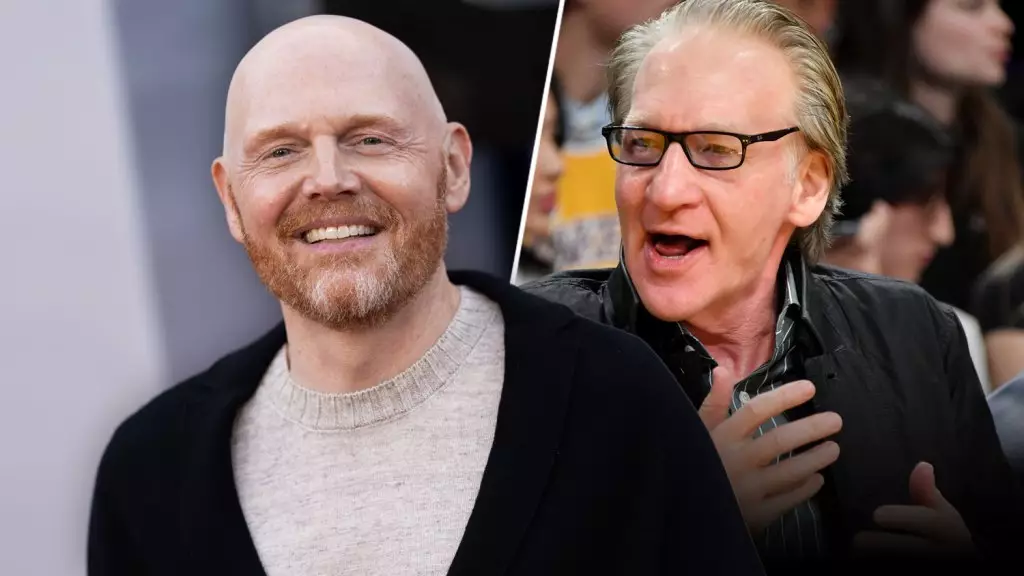During a recent appearance on Bill Maher’s podcast, comedian Bill Burr declared that “cancel culture” is a thing of the past. The discussion was sparked by the mention of Louis C.K., who faced backlash and career setbacks after being accused of sexual misconduct. However, Louis C.K. has since made a return to touring and producing his own projects, prompting Maher to question why he shouldn’t be allowed to return fully to the spotlight. Maher expressed his frustration with the seemingly arbitrary nature of #MeToo punishments, suggesting that it was time to welcome back those who had faced consequences for their actions.
Burr went on to share his thoughts on “cancel culture,” suggesting that it had evolved from a well-intentioned movement to a frenzied witch hunt. He recalled a time when people were being “canceled” for simply addressing controversial topics in their stand-up acts, indicating that the trend had spiraled out of control. However, Burr confidently asserted, “It’s all over. It’s all over.” He explained that the public had moved past the phase of scrutinizing every little action or statement made by public figures, indicating a shift in societal attitudes towards forgiveness and second chances.
Despite Burr’s optimism about the decline of “cancel culture,” Maher remained skeptical. He pushed back, suggesting that the phenomenon was not entirely eradicated. Maher argued that there were still instances where individuals faced repercussions for past actions or statements, indicating that cancel culture may still have lingering effects in society. However, Burr seemed unconcerned, emphasizing that the public’s collective attitude had shifted away from hyper-vigilance towards public figures.
The conversation between Bill Burr and Bill Maher shed light on the evolving dynamics of cancel culture. While Burr expressed confidence in its decline, Maher remained cautious about declaring its demise. The discussion highlighted the complexities of holding individuals accountable for their actions while also allowing for the possibility of redemption and forgiveness. Ultimately, the future of cancel culture remains uncertain, as societal norms continue to evolve and adapt to changing attitudes towards public figures.

